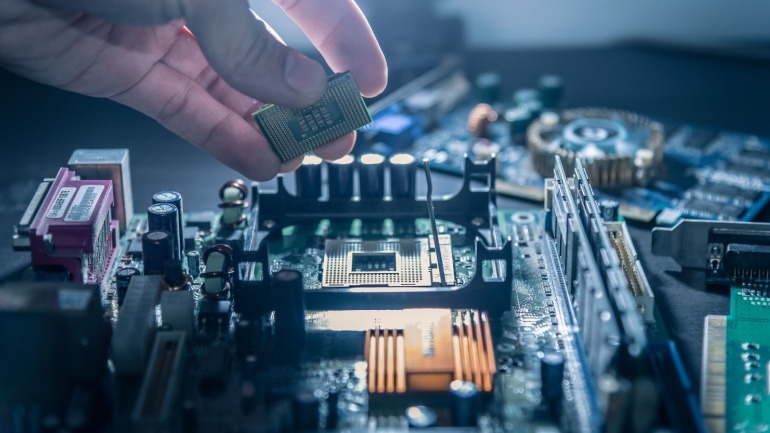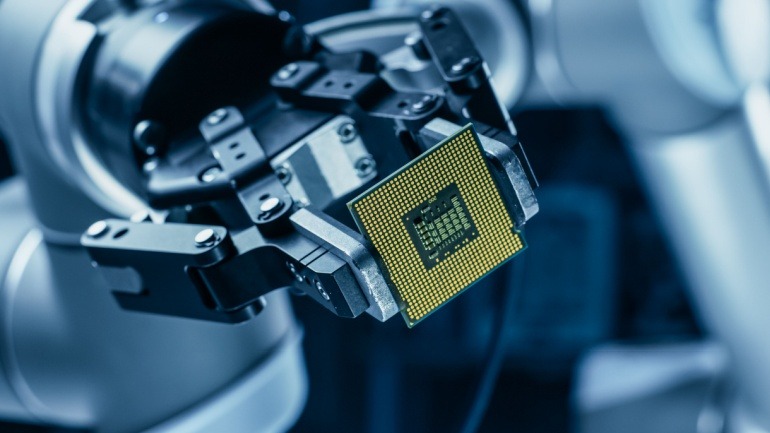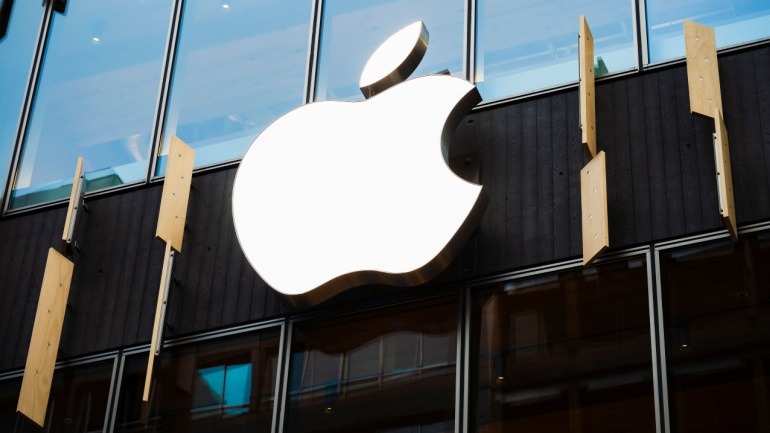Nvidia CEO Jensen Huang anticipates significant growth in China’s AI market by selling modified AI chips, contingent on U.S. licensing. Nvidia aims to capture a share of this expanding market, projected to reach $50 billion by 2025. Huang actively lobbies for favorable U.S. export licenses to penetrate further into China’s AI sector.
Nvidia is facing a significant challenge as it informs Chinese clients about the shortage of H20 chips, a crucial AI processor. This arises due to U.S. government delays in export licenses amidst trade tensions and restrictions.
Nvidia plans to resume H20 chip sales in China after informal approval from U.S. authorities, despite ongoing export restrictions. The move follows a major inventory loss and comes amid diplomatic efforts and growing demand for AI chips in China.
India’s telecom operators must report all Chinese-made equipment still active in their networks, as part of a security review targeting firms like Huawei and ZTE. The move aims to limit future reliance on untrusted vendors while allowing existing systems to operate under strict oversight amid rising geopolitical and trade tensions with China.
Shanghai has become China’s first mega-city to achieve comprehensive 5G coverage throughout its entire metro system. This milestone spans all 21 metro lines, significantly enhancing Shanghai’s transportation network with real-time operations, predictive maintenance, and smart urban transit.
Beijing’s ambitious plan for integrating 5G technology into daily life by 2027 promises revolutionary changes in sectors such as healthcare and education. The city aims for 100% 5G user penetration, with 75% of network traffic utilizing 5G.
AI and mobile technologies are set to add $2 trillion to China’s economy by 2030, making up 8.3% of its GDP, according to the GSMA. Driven by 5G and AI integration across industries, especially manufacturing.
Chinese engineers have developed technology to sever undersea communication cables, sparking concerns over potential sabotage. Patents for devices intended to cut cables, including one by Lishui University, suggest a cost-effective method for disruption.
The U.S. Department of Commerce has tightened restrictions on China’s access to advanced semiconductors critical for military and AI technologies. New rules target manufacturing equipment, high-bandwidth memory, and compliance measures while adding 140 entities to the Entity List.
Apple’s attempt to expand AI technology in China is facing regulatory hurdles. China’s regulations require international players like Apple to collaborate with domestic AI providers.












